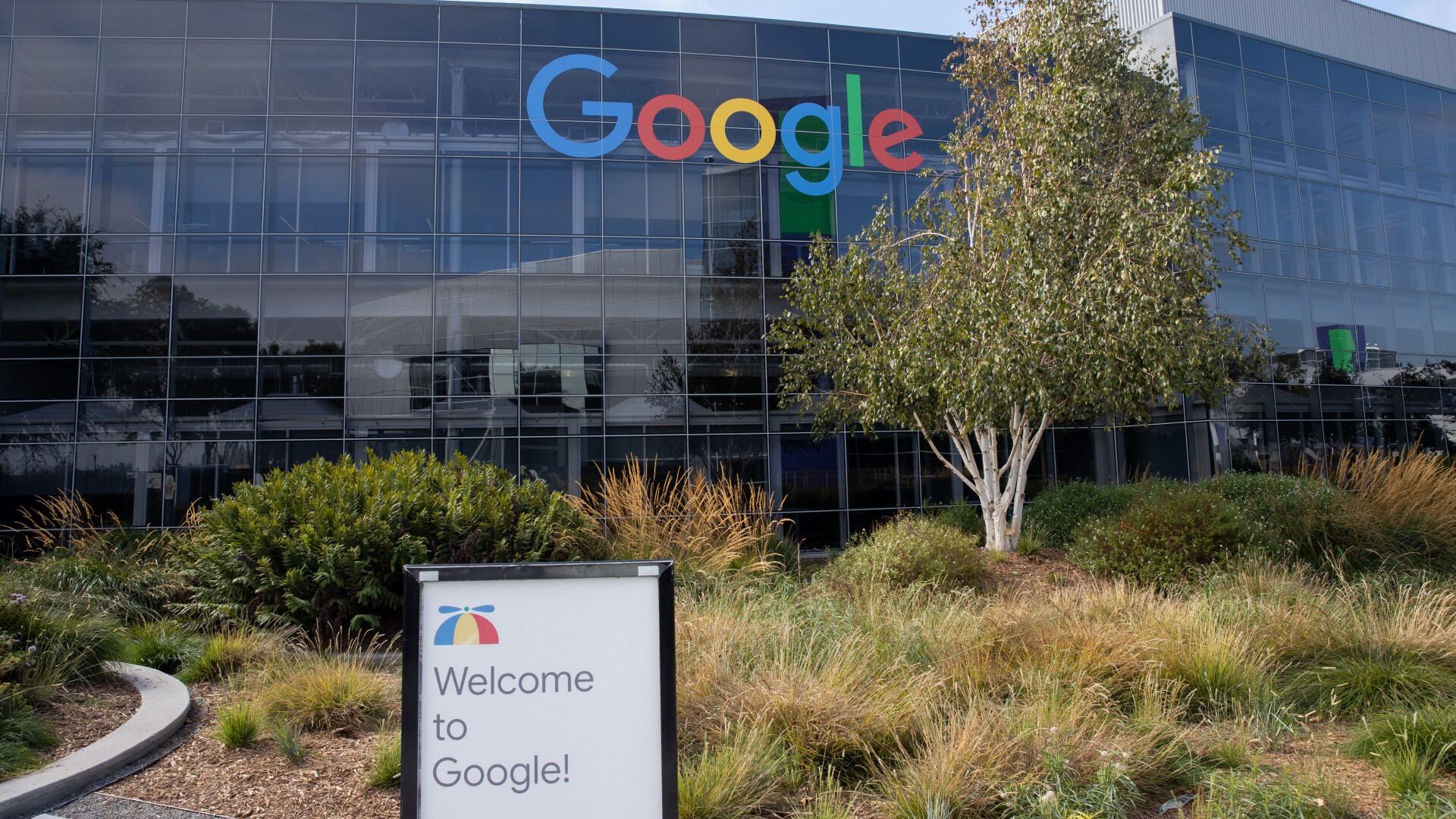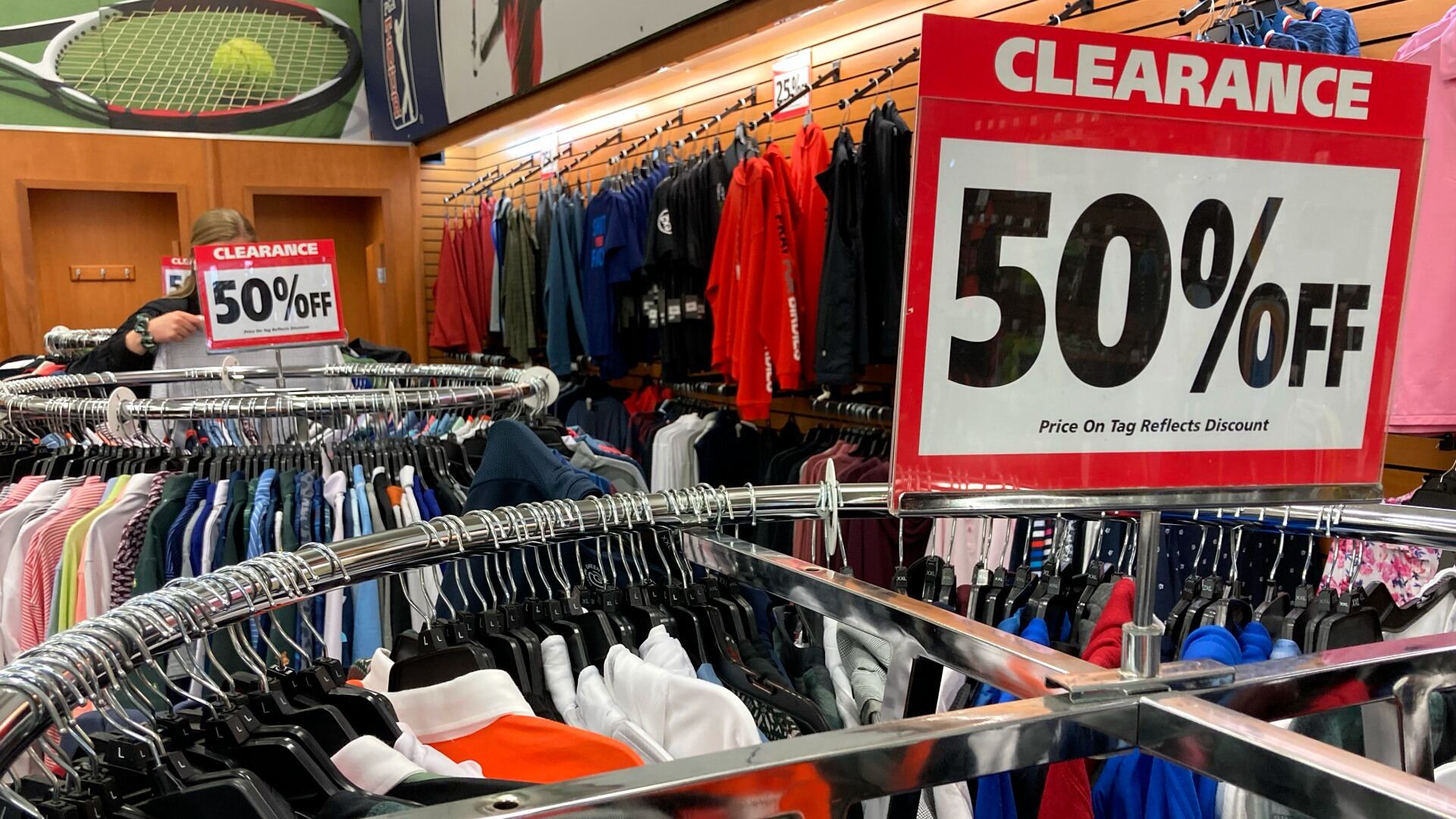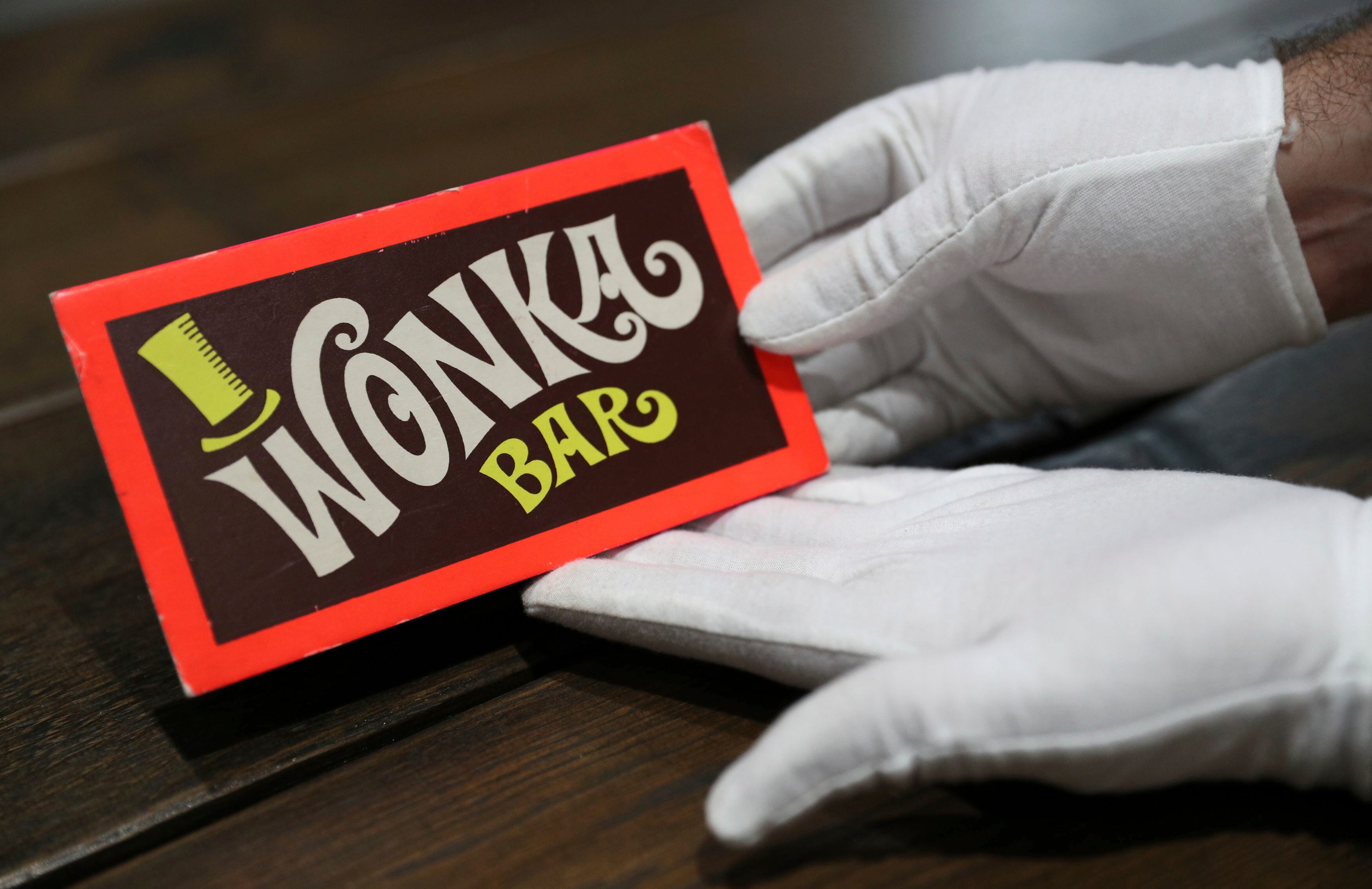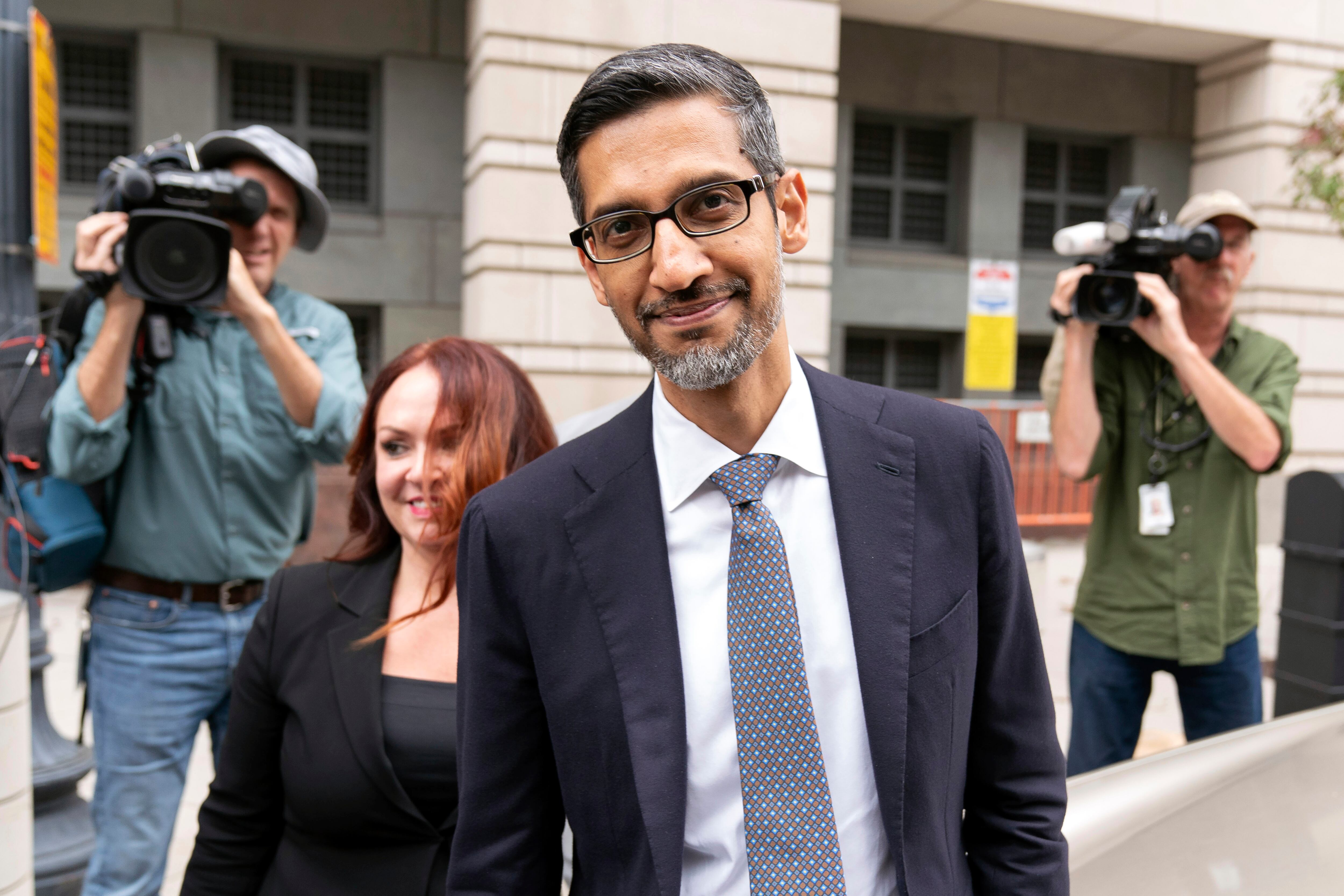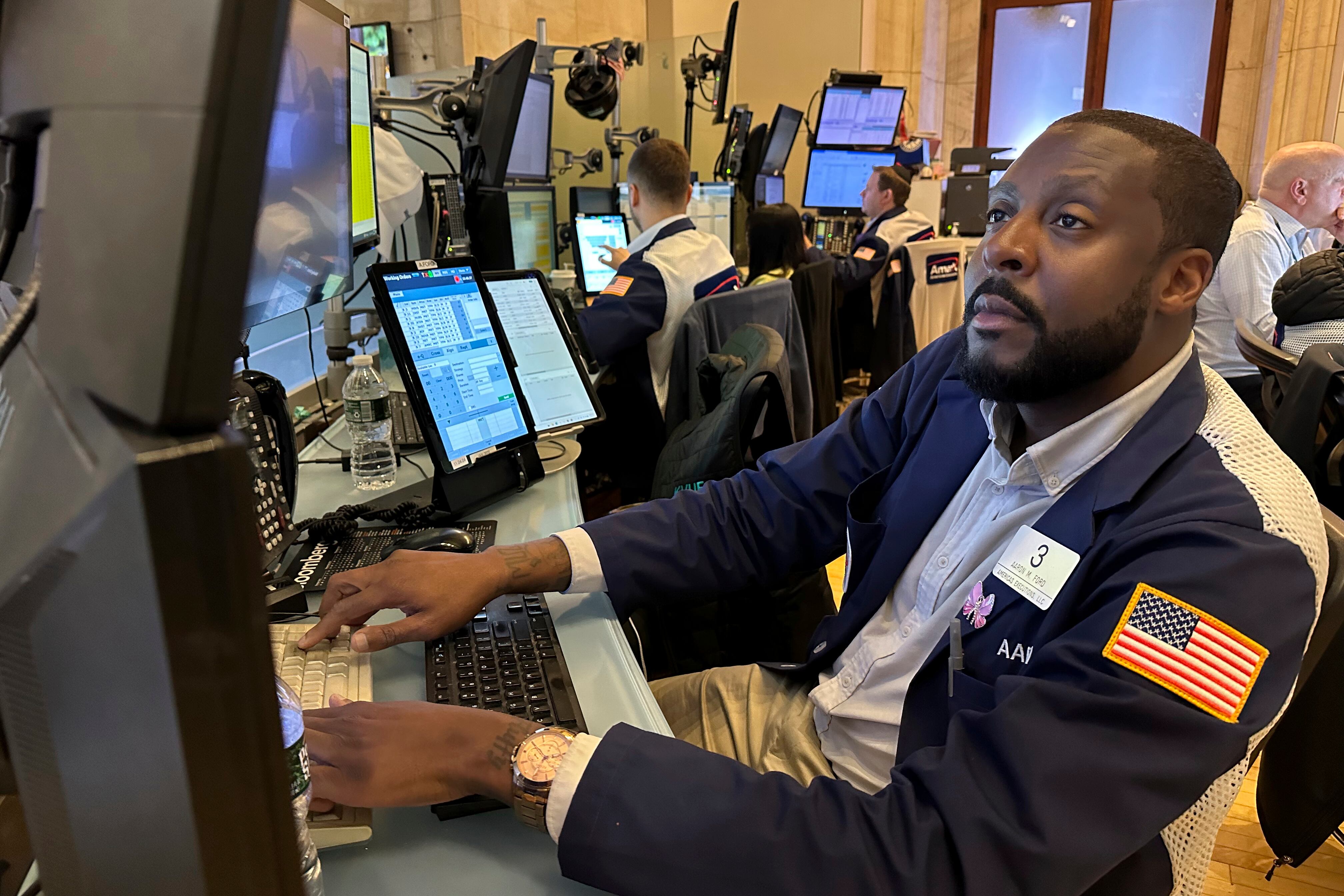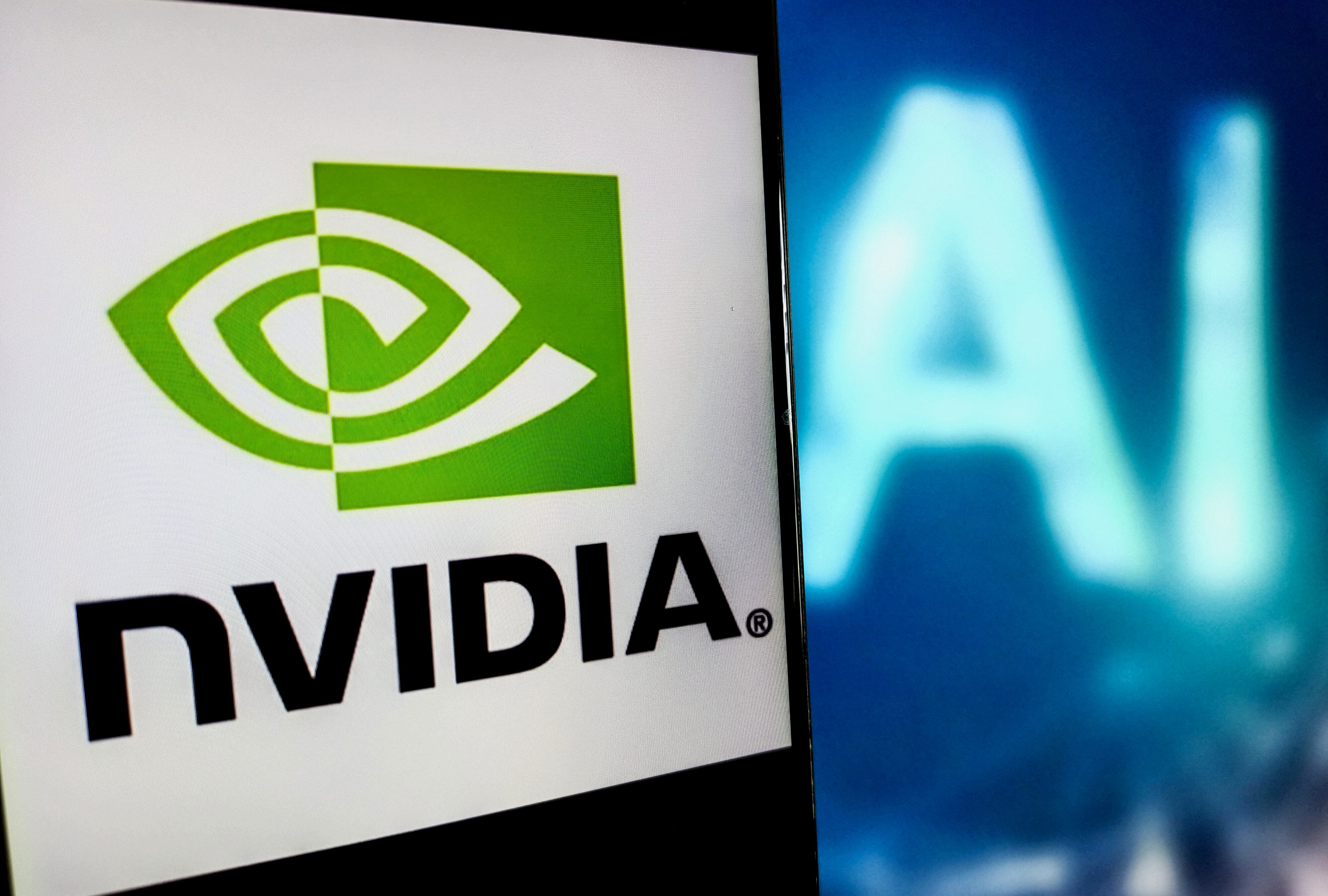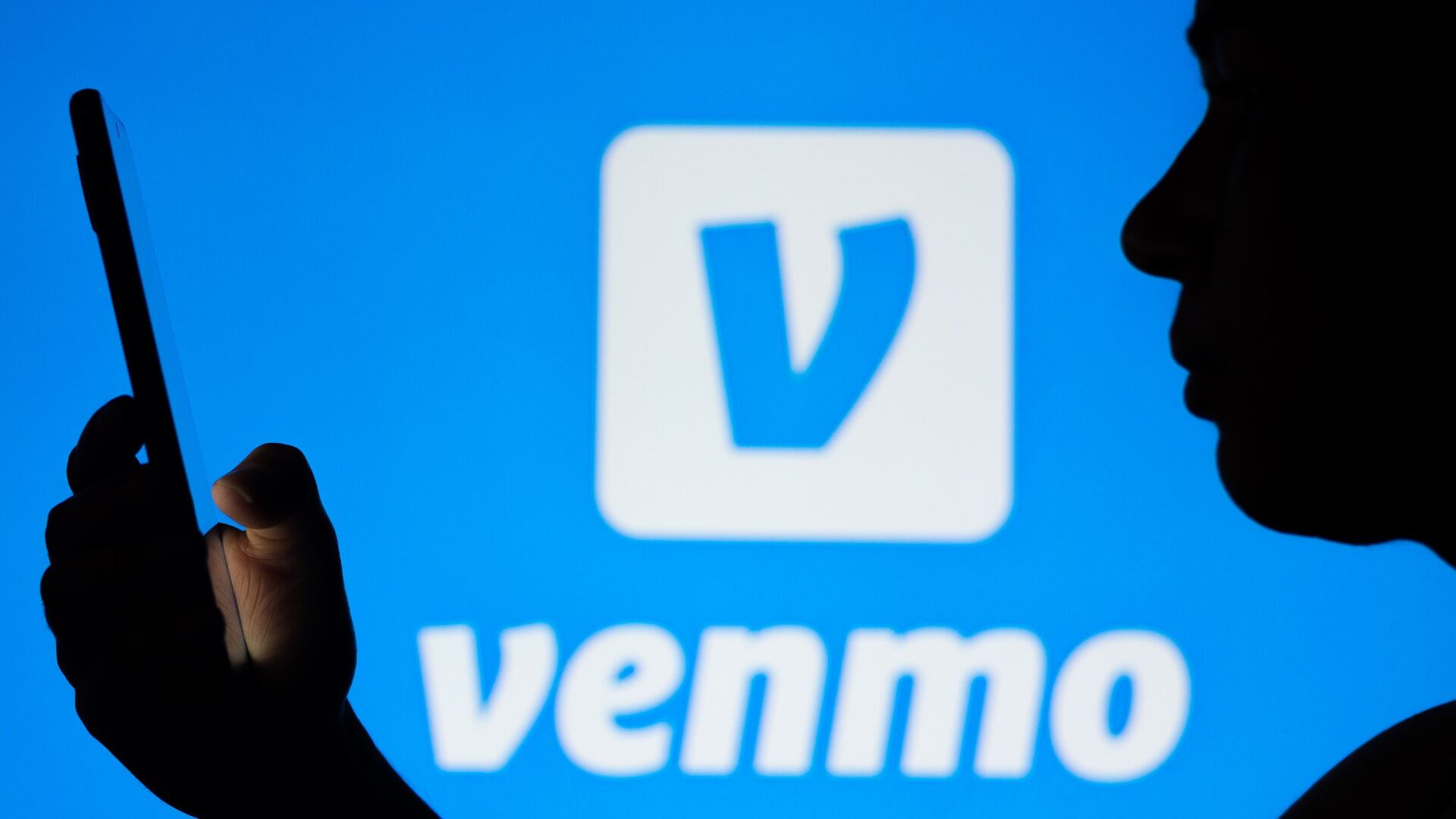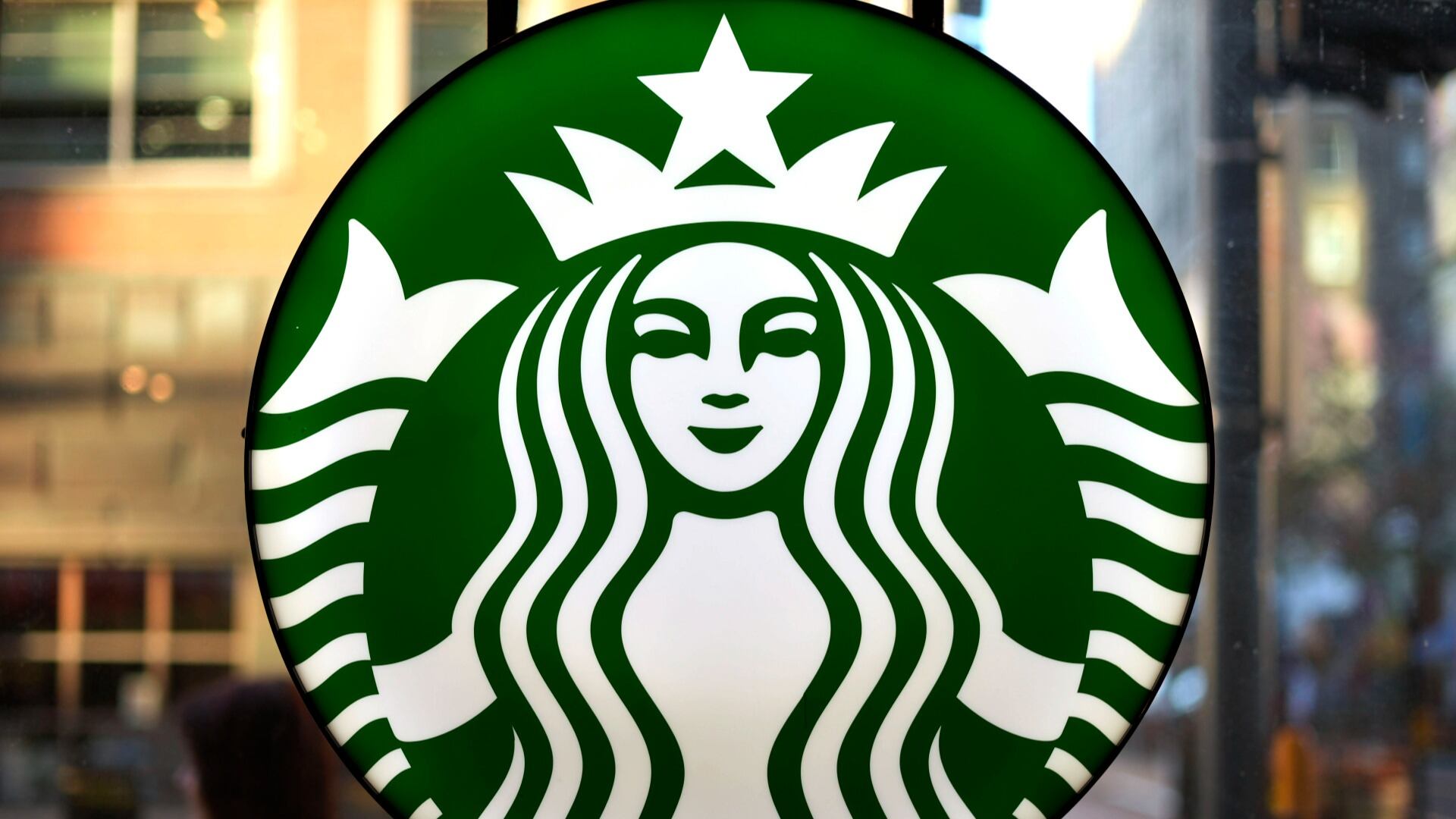*By Alisha Haridasani* President Donald Trump on Wednesday demanded NATO allies double their contributions to defense spending from 2 to 4 percent, further straining relationships with EU allies. “The tone that Trump has brought, on the back of trade frictions, has really brought the transatlantic alliance to the lowest point,” said Joshua Meltzer, senior fellow of global economy and development at the liberal-leaning Brookings Institute. The summit comes just over a month after the Trump administration levied tariffs on imported steel and aluminum, affecting even allies like the EU, Canada, and Mexico and making trade the focus of a summit that usually centers on military readiness on the European continent. Industry leaders and congressional lawmakers have been sounding the alarm on tariffs, claiming that the barriers will only end up hurting the very industries that Trump is trying to protect. “The steel and aluminium tariffs are a double-edged sword,” said Rep. French Hill (R-Ark.). “I think it should be used only very discreetly on individual products that have a true national security aspect.” “Tariffs, to some degree, hurt American consumers, hurt American manufacturers,” he said. While the summit unfolded in Brussels, back home the administration floated the idea of slapping more tariffs on $200 billion of Chinese goods to punish them for retaliating to an original round of American import taxes. The news sent shock waves through markets, with major U.S. indexes closing down after a few days in the green. For the full segment, [click here.](https://cheddar.com/videos/trade-war-fears-escalate)
